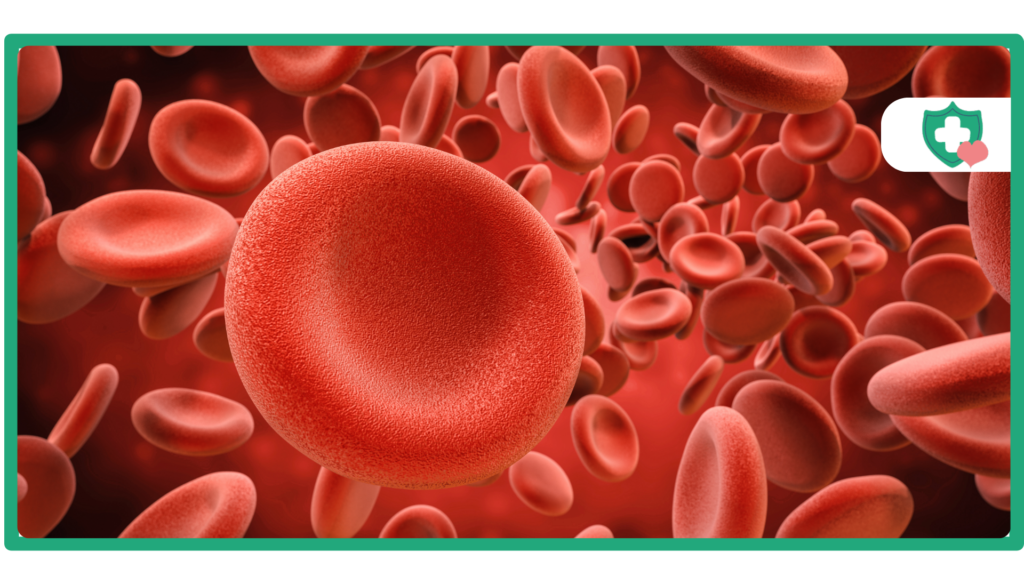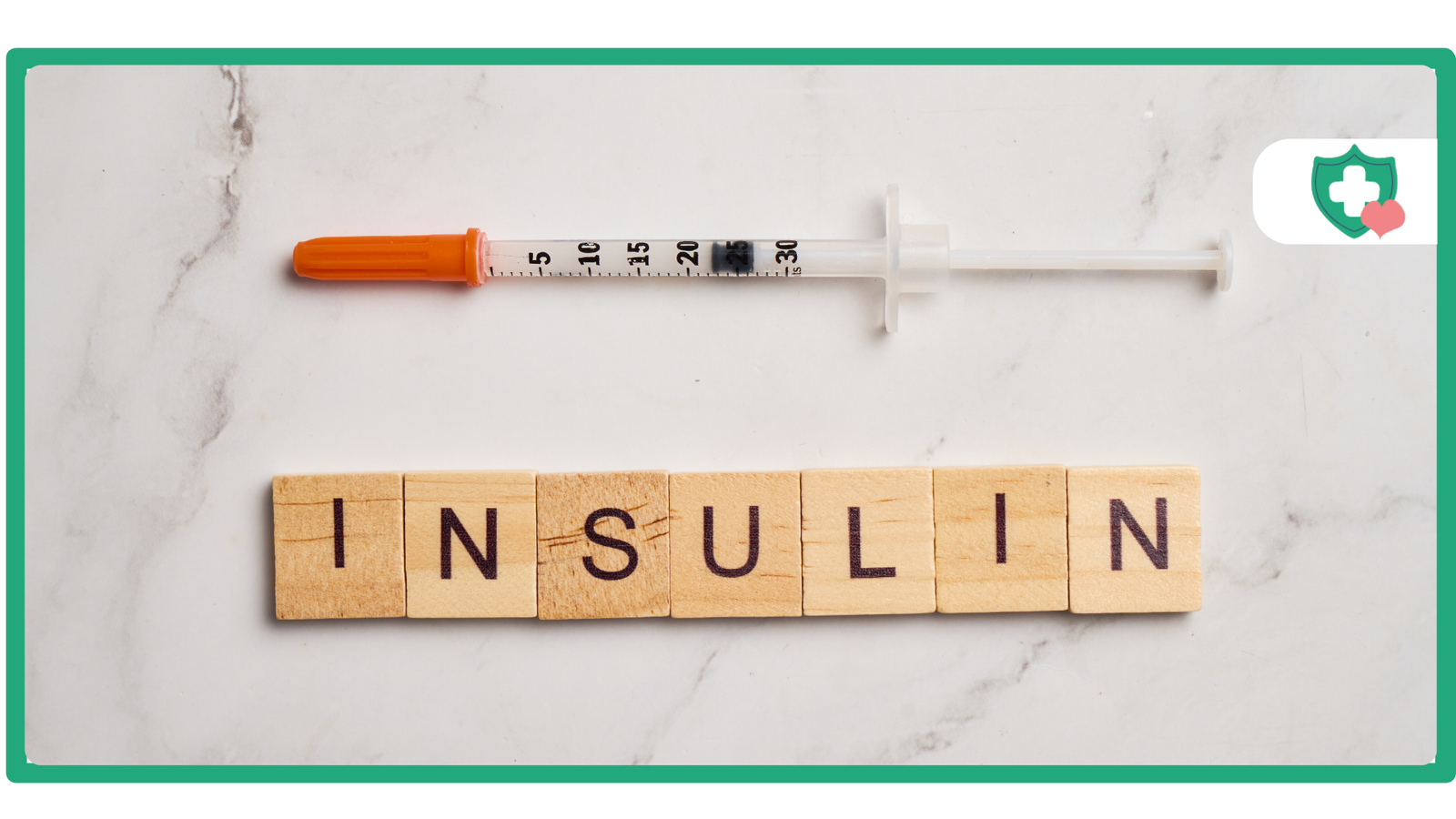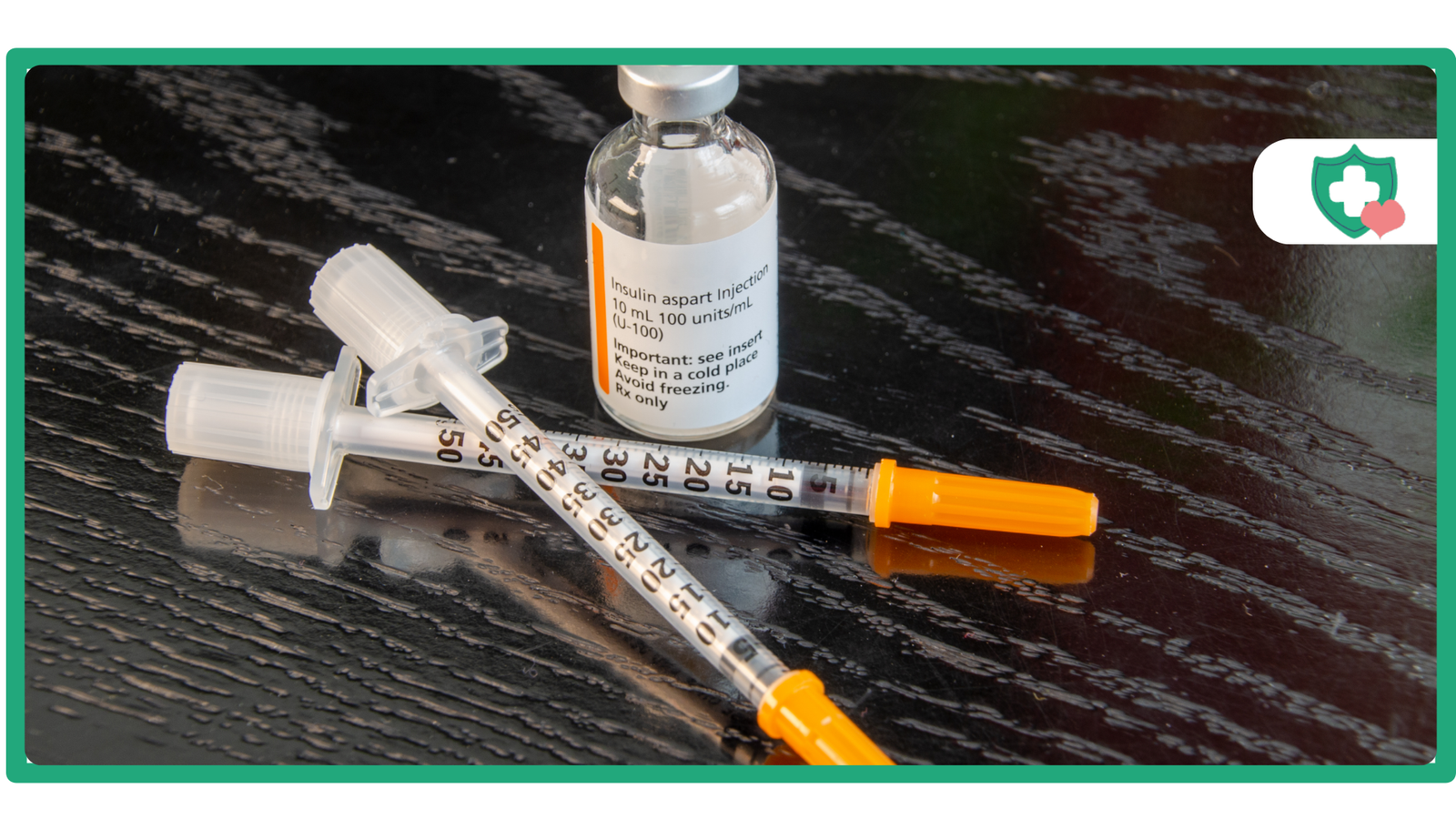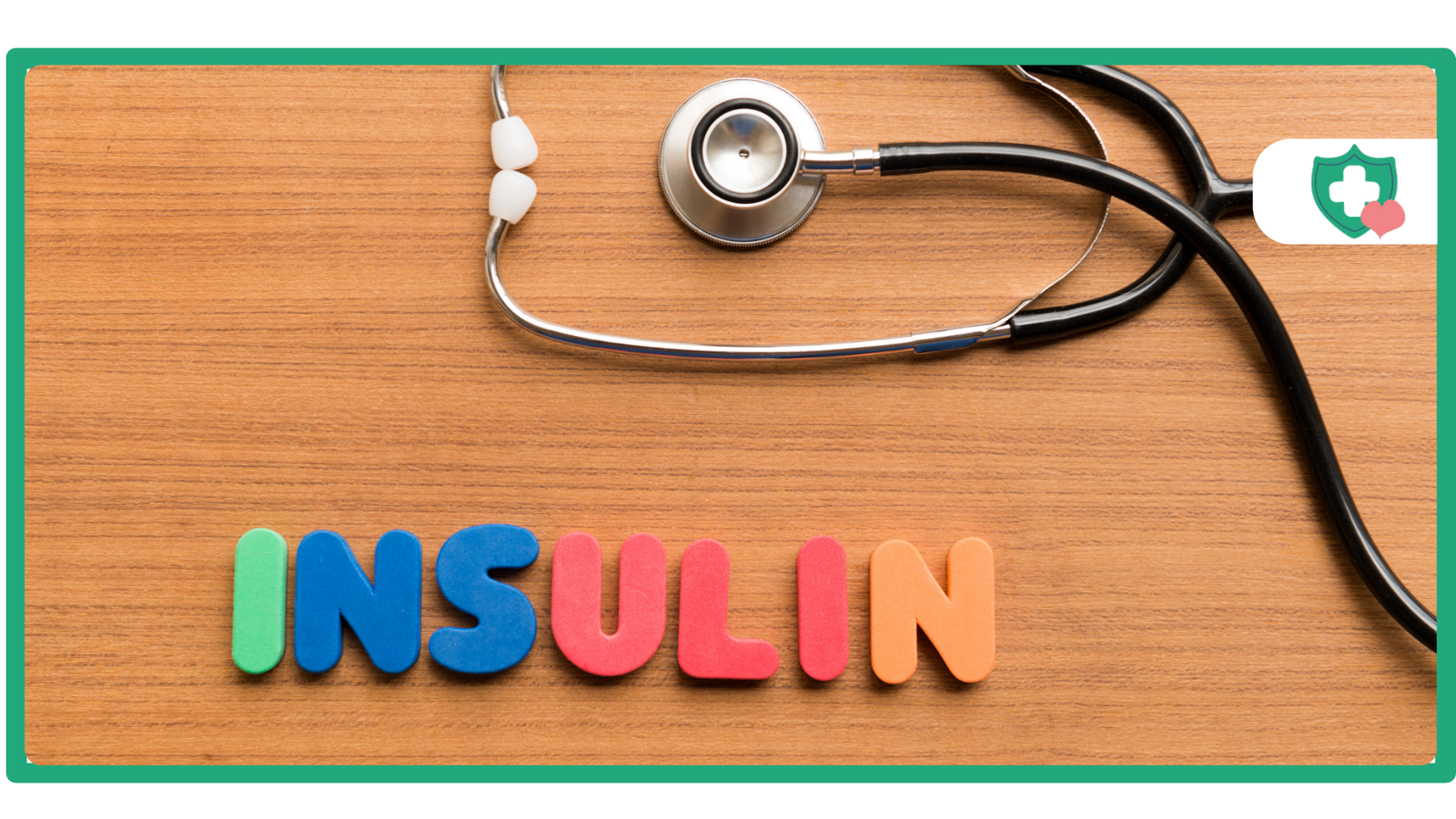When you are taking a medicine to make your health better, it’s very normal to have questions about all the possible risks. Your safety is always the most important thing.
A concern that sometimes comes up is, “Can Mounjaro cause blood clots?”
We are here to give you a clear and direct answer to that question based on the science. We will look at what the official studies say, talk about related risk factors, and tell you the most important signs to watch for to stay safe. Our goal is to give you a calm, fact-based explanation to help you feel better about your health journey.
Are Blood Clots a Listed Side Effect of Mounjaro?
Let’s get straight to the most important point. When you look at the official information that comes with Mounjaro, blood clots are not listed as a direct side effect of the medicine.
The big studies that were done on thousands of people, called clinical trials, did not show that Mounjaro causes blood clots. This includes serious clots like Deep Vein Thrombosis (DVT) in the leg or a Pulmonary Embolism (PE) in the lungs.
This fact should help you feel much better right away. The official research does not show a direct link between taking Mounjaro and getting a blood clot.
Understanding Dehydration Risk
So, if Mounjaro doesn’t directly cause blood clots, why do people sometimes ask about it? There is a small, indirect connection that is good to understand. It has to do with staying hydrated.
How Mounjaro Can Lead to Dehydration
Some of the most common side effects of Mounjaro are feeling sick to your stomach (nausea), vomiting, or having diarrhea. When these things happen, your body can lose a lot of water and other fluids.
If you are not careful to drink enough liquids to replace what you lose, your body can become dehydrated. This just means your body doesn’t have enough water to work properly.
Why Dehydration Matters for Your Blood
This is where the indirect link comes in. Think of your blood like a river. When there is plenty of water, the river flows smoothly.
When you get dehydrated, there is less water in your blood. This can make your blood a little thicker, more like a slow, sludgy river. When blood is thicker, it can have a harder time flowing, which could, in theory, make it easier for a clot to form. This is a risk for anyone who gets dehydrated, not just people taking Mounjaro.
The Biggest Factor: How Mounjaro Can
Now, let’s talk about the other side of the story, which is actually very positive. Instead of causing blood clots, taking Mounjaro could be one of the best things you do to lower your risk of getting them in the future.
The Strong Connection Between Obesity and Blood Clots
Doctors and scientists have known for a very long time that being very overweight, or obese, is a huge risk factor for blood clots. This is a proven fact.
Carrying extra weight puts more pressure on the veins in your body, especially in your legs. This extra pressure can damage the veins and make it easier for clots to form.
The Positive Impact of Weight Loss
This is where Mounjaro can be a hero. By helping people to lose a lot of weight, Mounjaro can dramatically lower this major risk factor.
As you lose weight, the pressure on your veins goes down. Your blood can flow more freely and easily. So, while you may ask, “Can Mounjaro cause blood clots?”, it’s also important to know that treating one of the biggest risk factors for clots—obesity—is a huge step toward better health.
A Note on Your Overall Health and Treatment Plan
A safe and successful health journey means having a professional team to guide you. For those looking for a convenient and fully supported option, the Tirzepatide treatment program from Tirzepatide Medics offers a complete service.
Their program provides an online prescription for Tirzepatide, the powerful active ingredient in both Mounjaro and Zepbound that helps patients lose an average of 20% of their body weight.
The service simplifies the process with clear pricing that includes the doctor’s consultation, prescription, and medication—starting at $399 for the first month, then $299 per month.
Every Person Should Know These Blood Clot Symptoms
It’s very important for everyone to know the warning signs of a blood clot. Knowing these signs can help you get help quickly if you ever need it.
Signs of a Clot in Your Leg (DVT)
A blood clot in the leg is called a Deep Vein Thrombosis, or DVT. The signs usually happen in only one leg. Look for:
- Swelling in your leg, ankle, or foot.
- Pain or tenderness that can feel like a bad cramp that won’t go away.
- Skin that looks red or feels warm when you touch it.
Signs of a Clot in Your Lungs (PE) – A Medical Emergency
Sometimes, a piece of a clot from the leg can travel to the lungs. This is called a Pulmonary Embolism, or PE, and it is very serious. The signs are:
- Suddenly feeling very short of breath for no reason.
- A sharp pain in your chest that feels worse when you take a deep breath.
- Coughing, especially if you cough up blood.
- A very fast heartbeat.
What to Do If You Have Symptoms
This is very important. If you have the symptoms of a blood clot in your leg or your lungs, you need to get medical help right away. This is true for every person, whether they are taking Mounjaro or not.
Frequently Asked Questions (FAQ) About Mounjaro Safety
It is always smart to ask questions about your health. Here are some simple answers to common ones.
1.What can I do to minimize my risks while on Mounjaro?
The most important thing you can do is stay hydrated! Make it your mission to drink plenty of water every single day. Also, make sure you are following the dosing schedule from your doctor. You can review the typical schedule with a Tirzepatide dose calculator.
2.I have a history of blood clots. Can I take Mounjaro?
This is a very important conversation to have with your doctor. You must tell your doctor about your full medical history. They will help you decide if Mounjaro is a safe choice for you personally.
3.What if I have more questions for my healthcare provider?
You should never be afraid to ask your medical team questions. That is what they are there for! You can send a secure message through your patient portal or find their details on the contact page. Answering your questions is their job.
Conclusion
So, let’s review what we learned. There is no direct proof that Mounjaro causes blood clots. In fact, the biggest risk factor for blood clots is often being overweight, which is something Mounjaro helps to treat.
The most important things you can do for your safety are to stay hydrated by drinking lots of water and to know the universal warning signs of a blood clot.
Can Mounjaro cause blood clots? Based on all the science, the answer is no. In fact, by helping you on your weight loss journey, it could be one of the best things you do to lower your risk for years to come. To learn more about starting a safe, medically-guided health journey, visit Tirzepatide Medics.















